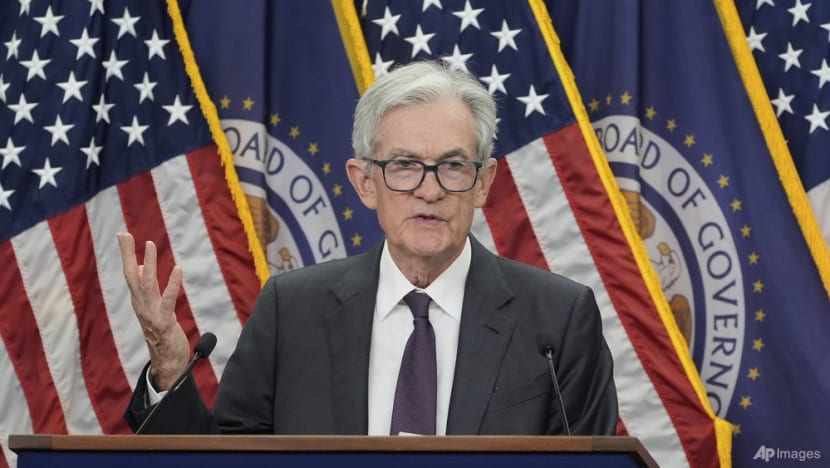Trump pressure on Fed may steepen US yield curve, fund managers say

WASHINGTON: The US Treasury yield curve could steepen as investors demand higher compensation for fiscal and political risks, fund managers said on Tuesday (Sep 16), citing growing pressure from the Trump administration on the Federal Reserve.
President Donald Trump has repeatedly criticised the Fed board and Chair Jerome Powell for not cutting interest rates and sought to alter the voting board’s composition. Analysts say this has undermined confidence in the Fed’s independence, a key pillar of US monetary policy.
YIELDS SHIFT AS DEFICITS MOUNT
Yield curves steepen when long-term rates rise faster than short-term ones, reflecting concerns about inflation and deficits. Traders this year have favoured the 5-year/30-year spread, buying shorter-dated bonds and selling longer ones.
“If politics bends policy, I’d fade rallies in the dollar and stay nimble on duration,” said Gareth Nicholson, chief investment officer at Nomura International Wealth Management. “Treat dollar and long bonds as the first shock absorbers.”
Persistent US deficits and heavy bond issuance have pressured long-term Treasuries, even as weaker labour data has fuelled expectations of Fed easing. On Tuesday, the two-year yield fell to 3.51 per cent, while the 10-year was at 4.03 per cent.
ALTERNATIVE PLAYS
Nicholson forecast front-end yields could fall toward the high-2 per cent range if labour weakness persists, with long-end rates anchored in the 3–4 per cent band. He expects modest curve steepening into early 2026.
Stephen Parker, co-head of global investment strategy at J.P. Morgan Private Bank, warned investors were not being adequately compensated for fiscal and inflation risks. “The long end of the Treasury curve [is] most sensitive to those risks,” he said.
Mike Wilson, chief investment officer at Morgan Stanley, said policymakers may seek to repress yields even if it risks reigniting inflation. “That is why people are abandoning sovereign debt and choosing to buy stocks and other assets,” he said, though he expects near-term declines in long-end yields from Treasury buybacks and Fed guidance.
PRIVATE CREDIT GAINS APPEAL
As Treasuries lose some allure, private credit is expected to play a bigger role in portfolios. Nicholson said investors could find value in secondaries, infrastructure, renewables and logistics real estate.
Parker added that US corporate fundamentals remain strong, with spreads appearing tight only because of distorted Treasury dynamics. “Our preference is to focus on carry over long duration,” he said.















